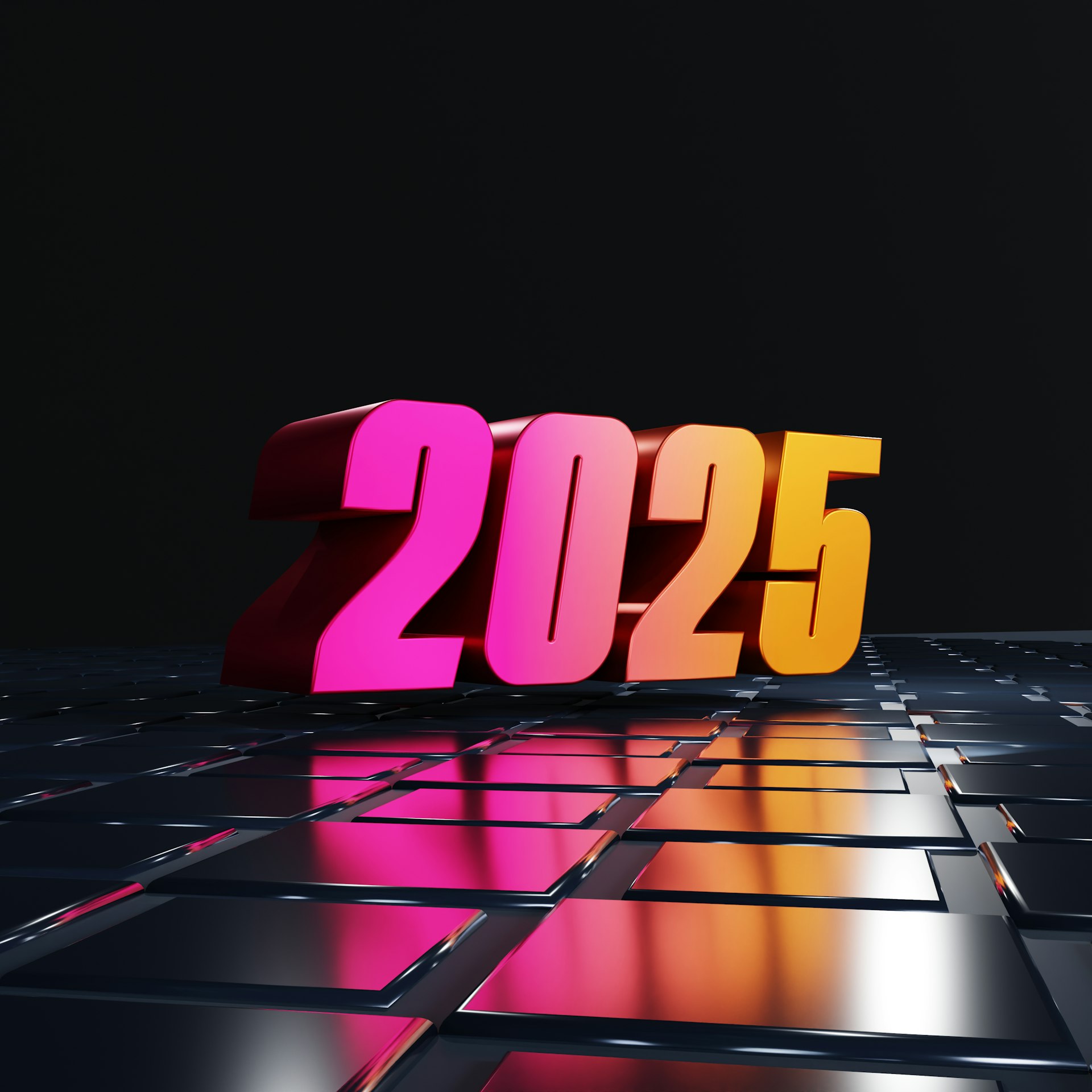How AI Tools Are Transforming the Future of Real-Time Marketing

Photo by RELX on Unsplash
The New Era of Real-Time Marketing
Real-time marketing is rapidly evolving as artificial intelligence (AI) becomes foundational to how brands engage, target, and convert customers. AI tools now power everything from hyper-personalized messaging and predictive analytics to automated content creation and campaign optimization. As digital marketing becomes more competitive and audiences demand instant, relevant experiences, AI-driven real-time marketing is set to become the industry standard. Marketers who embrace these technologies can expect to deliver more value, drive higher conversions, and future-proof their strategies [1] .
How AI Is Shaping Real-Time Marketing
AI is transforming the traditional, reactive approach to marketing into a proactive, predictive, and highly personalized system. By collecting and analyzing vast amounts of structured and unstructured data-including customer interactions, social media posts, and real-time browsing behavior-AI enables brands to:
- Identify micro-trends as they emerge
- Predict individual consumer preferences
- Deliver dynamic content and offers instantly
- Optimize campaigns on-the-fly for maximum impact
For example, recommendation engines now analyze browsing and purchase patterns to surface products tailored to each user, often in real time. This level of personalization was previously impossible at scale [2] .
Key AI Trends in Real-Time Marketing
Hyper-Personalization
AI-powered personalization is more than addressing users by name. Modern systems create unique experiences for each individual, adapting content, offers, and messaging based on live data. By 2025, marketers can expect these personalized touchpoints to be seamless and immediate, responding to user behavior and even global events as they happen [1] .
To implement hyper-personalization:
- Integrate AI-driven customer data platforms (CDPs) capable of real-time segmentation.
- Deploy tools like Blueshift for predictive analytics and cross-channel campaign execution [5] .
- Continuously test and refine messaging based on live performance data.
Retailers and e-commerce brands, for example, now use AI to automate abandoned cart emails and post-purchase follow-ups, boosting retention and revenue [5] .
Predictive Analytics and Instant Adaptation
AI’s predictive capabilities allow marketers to anticipate customer needs and behaviors, adjusting campaigns before trends shift. Predictive analytics mines historical and real-time data to forecast everything from optimal send times for emails to the likelihood of customer churn. These insights drive timely, relevant engagement and can significantly improve ROI [4] .
For practical adoption:
- Leverage AI analytics tools that integrate with your CRM or digital platforms.
- Set up automated triggers for campaign adjustments based on key metrics (e.g., engagement spikes, sentiment analysis).
- Regularly review model performance and retrain algorithms with fresh data for continued accuracy.
AI-Powered Automation and Conversational Tools
Chatbots and virtual assistants, powered by advances in natural language processing (NLP), now handle customer queries, recommend products, and even complete transactions in real time. These tools not only improve response times but also free up human agents for higher-value interactions [2] .
To integrate AI conversational tools:
- Select a chatbot platform with proven integration to your existing digital ecosystem (e.g., Chatfuel, Userbot.ai [3] ).
- Design conversation flows tailored to common customer needs and objectives.
- Monitor chatbot performance and refine scripts based on feedback and analytics.
For real-world examples, consider how e-commerce companies use chatbots to recommend items based on cart history, or how B2B firms employ AI assistants to qualify leads and schedule demos instantly [2] .
Leading AI Tools for Real-Time Marketing
The AI marketing landscape is rapidly expanding, with dozens of tools designed to automate, optimize, and personalize every stage of the customer journey. Some of the most impactful platforms in 2025 include:
- Blueshift : AI-powered CDP for real-time audience segmentation and cross-channel campaign management [5] .
- Brandwatch : Social media analytics and sentiment tracking for reputation management and trend spotting [5] .
- Gumloop : Workflow automation for scaling repetitive marketing tasks [3] .
- Jasper AI : Content generation and copywriting for personalized emails, blogs, ads, and more [3] .
- Klaviyo : Automated campaign management and product recommendations for e-commerce [5] .
- Chatfuel : No-code chatbot builder for instant customer engagement [3] .
Before adopting any tool, consider your specific business needs, integration requirements, and budget. Many vendors offer free trials or demos to help you evaluate fit and functionality.
Implementing AI for Real-Time Marketing: Step-by-Step Guidance
- Assess Your Data Readiness : Ensure you have robust, clean customer data. AI models depend on high-quality inputs to deliver actionable insights.
- Start Small, Test, and Iterate : Pilot AI tools in one marketing channel (e.g., email personalization or chatbot deployment). Measure results, learn, and gradually expand.
- Integrate Across Channels : For full impact, connect AI tools with your CRM, website, social media, and advertising platforms. This unified approach supports consistent, real-time engagement.
- Monitor Performance and Compliance : Regularly review key metrics and ensure your AI use complies with data privacy laws and ethical standards.
- Invest in Training and Human Oversight : AI amplifies human creativity and decision-making but does not replace it. Train your team to interpret AI insights and make informed adjustments.
Organizations just starting out can consult with AI solution providers or marketing technology consultants. Many offer onboarding support, best practice guides, and webinars to accelerate adoption.

Photo by Ãrpád Czapp on Unsplash
Challenges and Solutions
While the benefits of AI in real-time marketing are significant, there are challenges to consider:
- Data Privacy and Security : Ensure all AI-driven activities comply with regulations like GDPR and CCPA. Work with IT and legal teams to safeguard customer information and maintain transparency.
- Integration Complexity : Connecting multiple platforms can be technically challenging. Choose tools with open APIs and strong vendor support. If in-house expertise is lacking, consider external technical consultants.
- Bias and Model Drift : AI models can unintentionally reinforce existing biases in data. Regularly audit models for fairness and accuracy, and update with diverse datasets.
- Resource Allocation : AI tools often require initial investment. Start with scalable solutions and demonstrate ROI through pilot projects before expanding.
For businesses uncertain where to begin, seek out educational content from established marketing technology vendors or explore online courses from institutions like Harvard’s Division of Continuing Education. You can search for “AI marketing certification” or “AI in digital marketing courses” for reputable options [2] .
Alternative Approaches and Future Outlook
Not all organizations will have the same needs or resources. For those unable to immediately adopt advanced AI tools, there are alternative steps to improve real-time marketing:
- Use basic automation platforms (such as simple email marketing tools) to segment audiences and trigger messages based on user actions.
- Leverage publicly available analytics tools to monitor customer journeys and adapt campaigns manually.
- Stay informed by subscribing to industry publications and following thought leaders in AI marketing.
Looking ahead, as AI capabilities mature, expect even more seamless, invisible, and impactful marketing experiences. The combination of human insight and AI-driven agility will define the next wave of marketing innovation. Staying agile, informed, and open to experimentation will be critical for ongoing success [4] .
Accessing AI Marketing Tools and Resources
To find and evaluate AI tools for real-time marketing, you can:
- Visit established vendor websites such as Jasper AI, Brandwatch, or Klaviyo (search for the company name and “official website” via your preferred search engine).
- Read verified reviews and tool comparisons on industry blogs like GWI and MarketerMilk [5] , [3] .
- Consult with digital marketing agencies specializing in AI-driven strategy for tailored guidance.
If you are exploring AI for the first time, consider connecting with your local business development center, industry associations, or digital marketing forums to learn about workshops and webinars.
References
- [1] ON24 (2024). Top AI Marketing Predictions for 2025 & Trends.
- [2] Harvard DCE (2024). AI Will Shape the Future of Marketing.
- [3] MarketerMilk (2025). 26 Best AI Marketing Tools for 2025.
- [4] TerraHQ (2025). The Future of Digital Marketing: Trends That Will Define 2025 and Beyond.
- [5] GWI (2025). 25 AI Marketing Tools You Need to Get Ahead in 2025.
MORE FROM mysearches.ai













